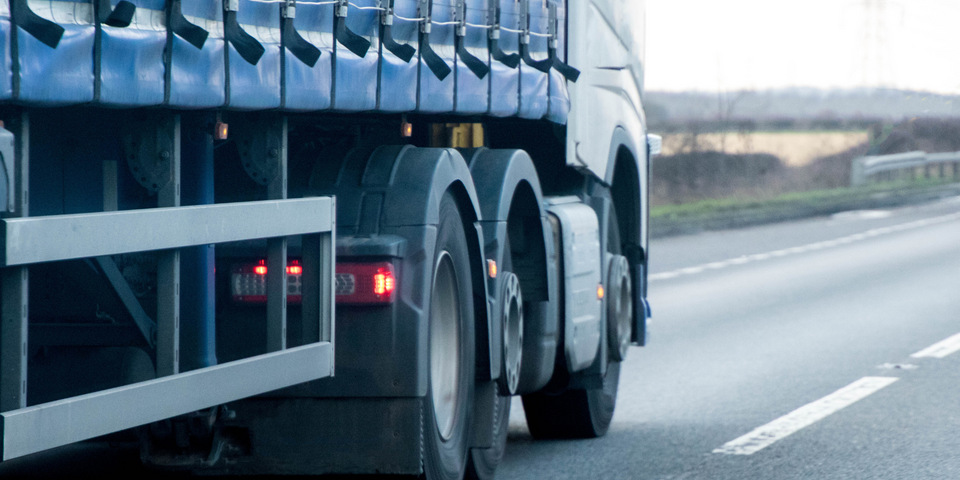 Getty Images - Baris-Ozer
Getty Images - Baris-Ozer
Editorial
Dear readers,
Around 17 million EU citizens currently live and work in other EU countries, supplemented by a growing number of non-EU citizens who are working here on a temporary basis. These people play an important role in closing the skilled labour gaps and ensuring that the economy performs well. However, the working conditions in some sectors do not always meet European standards.
ed* No. 01/2025 – Chapter 1
Road haulage, in particular, has repeatedly come under scrutiny in recent years. This was clearly demonstrated by the protests held at the Gräfenhausen motorway service area in Hesse in 2023. The reason for the protests was outstanding wage payments from a Polish company. The first strike ended after the wage demands were met through negotiations that were held with support from the European transport workers‘ unions. The German Supply Chain Act probably played a decisive role in resolving the conflict during the second strike. This resulted in the companies that were part of the supply chain paying the outstanding wages and not the actual haulage company.
Gräfenhausen is not an isolated case, and politicians are also aware of these cases. This is why Brussels has not remained inactive in recent years and has tightened European regulations throughout Europe with laws such as Mobility Package I and II and the EU Corporate Sustainability Due Diligence Directive. Moreover, the European Labour Authority (ELA) has been created to assist in the implementation and enforcement of these rights. However, challenges remain in ensuring fair working conditions across the board.
Road haulage is not the only sector in which working conditions fall short of European standards. Violations are also seen in the agriculture, care, construction and food sectors. Their employees are increasingly coming from third countries. In view of the shortage of skilled workers in Europe, the question of how to deal with these people now arises. If this situation does not change, there might soon be no one left who is willing to take on these jobs, which are so important for our society and the internal market.
If we want people from all over the world to come and work for us, then we must ensure that good and fair working conditions are guaranteed throughout Europe. What opportunities exist that will improve the situation in the coming years? Do we need more European regulation or is it due to a lack of enforcement? We want to explore these and other questions in our latest ed*. We have taken a closer look at some of the sectors that have been criticised in the past, such as agriculture, construction, the food industry and road haulage.
I hope you enjoy reading this issue.
Yours faithfully,
Ilka Wölfle
Director

